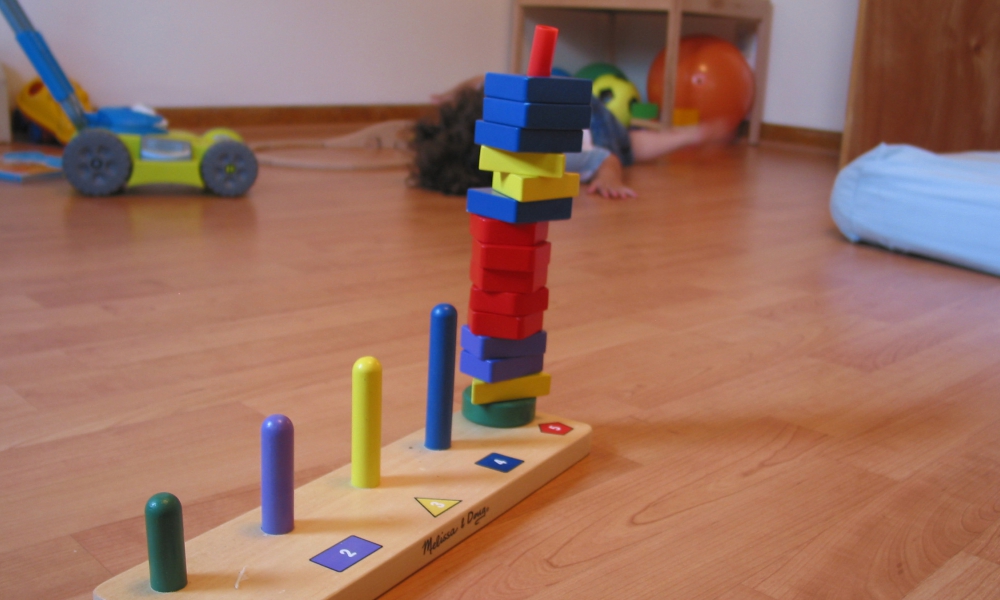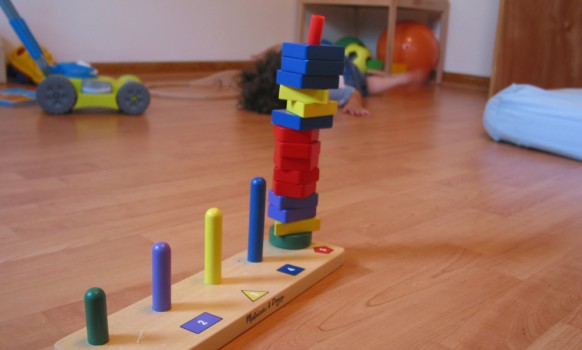Turning differences into strengths
 Schooladvisor Team
Schooladvisor TeamBy Theresa Belle

Whether involving an intellectual or developmental condition – dyslexia, attention deficit hyperactivity disorder (ADHD), autism, Down syndrome – or a physical one such as cerebral palsy or muscular dystrophy, there is a widespread call for improved special education provisions in national schools.
The approach and pedagogy of special education in public and international schools, for example, prioritises individual needs to eradicate the stigma that special children are hard to handle or educate. While high-functioning students with special education needs can be included in normal classrooms, not all children would be able to fit in regular lessons.
This is why a vital first step in opening access to education for these children is properly diagnosing their condition. If parents suspect their child may have developmental difficulties, it is paramount that they seek the consultation of a child development expert to understand the child’s condition and plan best approaches.
Universally enriching experience
Inclusive classrooms have proven advantageous to children with special needs, providing equal access to curriculum and resources while allowing them to develop socially by forming friendships with peers. Head of special education at Nilai International School, Joyce Liew, says all children stand to benefit from inclusive education.
“Other children learn to accept and empathise with these children who are different – to mingle, talk and play with them, not to bully or treat them unpleasantly. ”How teachers behave and interact with the special child sets the precedence for other students to learn by example.
Liew also says that in order to reap the benefits of inclusion, teachers must continously challenge special children to do more than is expected or required. “Do not allow their condition to limit their potential and be creative in working with their learning style – go beyond adapting conventional teaching methods to bring out their strengths and abilities,” she says.
All kinds of minds
Intellectual disabilities may be harder to understand simply because they are not as visible as physical ones, but neither should be used to label or limit what a child can do. “Find their passion or talent and use that as a positive force to build confidence in the child. This, in turn, helps the child and teachers to progress through concepts or subjects they face difficulties with,” says Carly Nair, special needs and learning support coordinator at HELP International School.
In her 2010 TED Talk, American animal science professor and livestock animal behaviour consultant, Temple Grandin, emphasised that the focus in special education needs to shift from what children cannot to, to what they can. As someone with autism, Grandin says she thinks in visuals and not language, explaining that this has helped her better understand the minds of animals as well as design effective lifestock facilities and systems.
This led to her realisation that people think in different ways, which lends to the development of various learning styles and preferences. “Use these children’s fixations and interests in interesting ways to get them motivated to learn. An autistic mind is often a specialist mind – it may not be good at one thing, but very good at another. The world needs different kinds of minds to work together,” said Grandin.
Bringing out the best
Intan Miranti, learning and behaviour consultant for children on the autism spectrum and mother of a child with autism, emphasises that the onus is on the teacher to learn how best to cater to the child’s learning style – not for the student to be forced into a learning style that is not suitable.
“There needs to be a fundamental respect for students with special needs and recognition that they are not defective but learn in a different way. This is important because a lot of backward thinking dictates that the child has to accommodate to the preset teaching approach or curriculum. Support in school should be the other way around, where the child is accommodated by the system,” she says.
Nair says that enthusiastic teachers are integral to this process: ““Teachers can only feel enthusiastic if adequate support is there for them, including a special education needs team, teaching assistants, suitable student-to-teacher ratios, and a supportive management team that adapts and grows along with the provision for special education needs”.
Special education should transcend the classroom to cultivate the interests and talents of children, whether they lie in sports, performing arts, music, or culinary arts. However, some children could require specific guidance and encouragement to participate with others.
Drama teacher Bob Morshidi has taught children with conditions on the autism spectrum, including Asperger syndrome, as well as ADHD. He explains that while working with these children may involve unique considerations and patience, the rewards are clearly far-reaching. “I have seen how a child who could barely stand still or pay attention at school performed well in his show while also displaying massive improvement in communication and teamworking skills. Interacting with these children makes life richer. You also learn to handle yourself well among others as it challenges everyone to be a better version of themselves,” he says.
Having a brother with autism has also made Morshidi all the more aware to the persisting cultural shame that many feel for having an child with special needs.“Some parents still choose to not deal with the fact that their child is different, but sweeping it under the rug means that these children do not get diagnosed and are therefore unable to access the assistance they need,” he says.
It is clear that more should be done for children with special needs in the country, but where do we begin? “Schools, parents and community members need to work together to raise awareness and understanding of learning differences through campaigns, talks, sharing of ideas and experiences – anything that opens the topic for discussion,” says Nair.
If we can share in the joy from success of special children, nothing should stop us from being the agents and allies of change to better recognise and cultivate their extraordinary talents and potentials.

